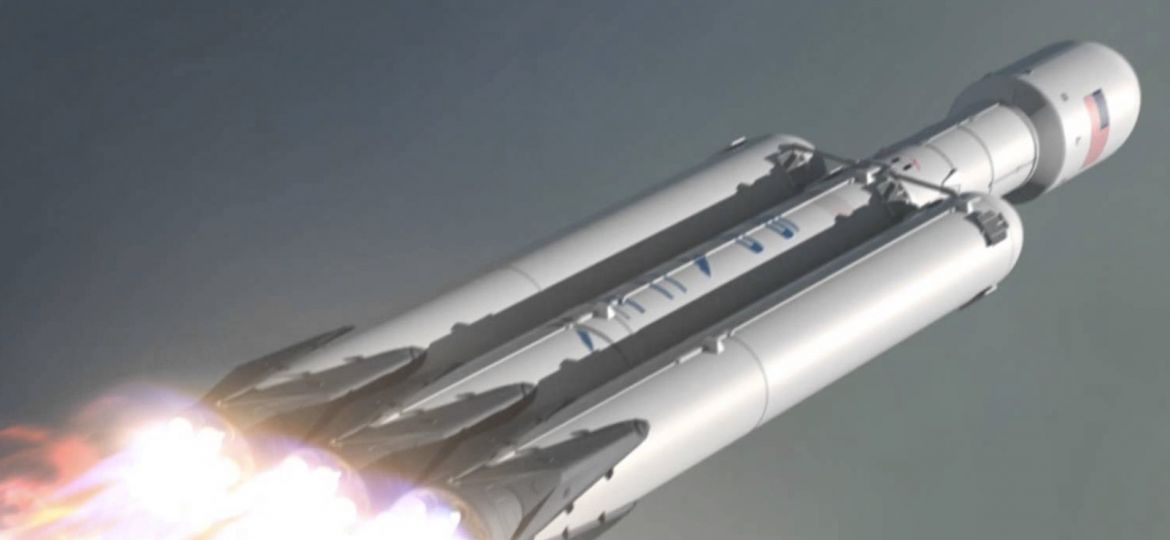
WHY THIS MATTERS IN BRIEF
- Man hasn’t returned to the Moon since first landing on it 45 years ago, and this will be the first time we go back
Yesterday afternoon at 4PM EST SpaceX CEO and polymath Elon Musk, who was recently in Dubai selling 200 self-driving Teslas, announced that SpaceX is planning on sending two private citizens into orbit around the Moon – six months after it plans to carry the company’s first passengers to the International Space Station (ISS).
“I think this should be a really exciting mission that gets the world excited about sending people into deep space again,” Musk said in a teleconference.
The mission, which would mark humankind’s first return to the moon in more than 45 years, will be funded by two private individuals who approached SpaceX with the proposition. At this point those backers remain anonymous, but Musk said they’ve placed a significant deposit, and at approximately $35 million a launch you could estimate that they might have payed north of $100 million for the journey of a lifetime.
If all goes according to plan, the Falcon Heavy will lift the Crew Dragon and its two passengers into lunar orbit in late 2018. The weeklong mission would circle around the moon on an approximately 350,000 mile journey before returning to Earth. The mission could prove to be an important step between low Earth orbit and SpaceX’s goal of carrying humans to Mars within the next decade or so.
The Falcon Heavy, SpaceX’s upcoming heavy lift rocket, is expected to have its maiden launch later this year. The Crew Dragon will already have flown humans to the ISS by the time the moon mission launches. The Crew Dragon’s main modifications would be to the communication system, Musk said, to allow for deep space communications.
While developments in rocketry often don’t go to plan – with explosions and delays fairly common, for now at least it looks like SpaceX is on track to beat NASA’s next crewed mission, which would put astronauts into lunar orbit in the 2020s or perhaps 2019. However, Musk said that if NASA is interested in using SpaceX to send a crewed mission around the moon, he would give them priority.
“I’m not sure if we’ll be before or after NASA,” said Musk, “but I’m not sure that’s really the important thing. I think what matters is the advancement of space exploration… the more the better.”
















